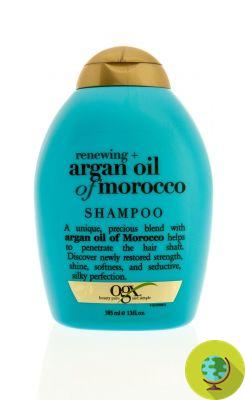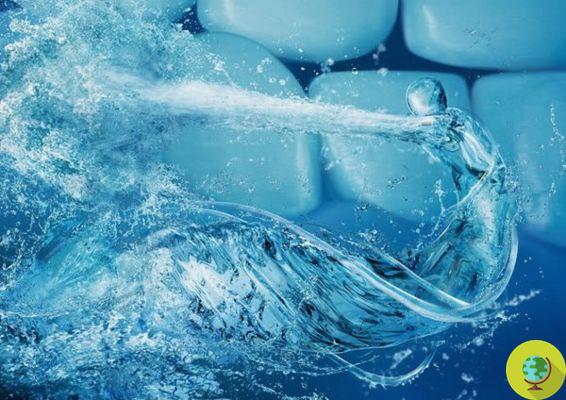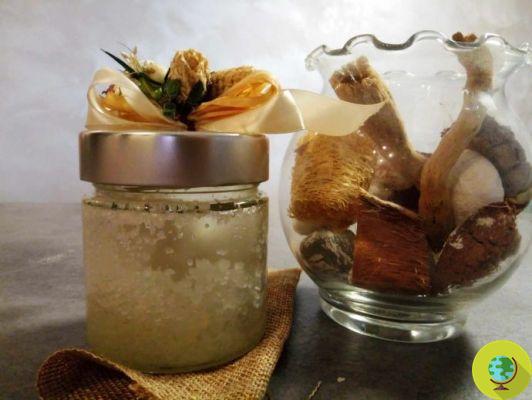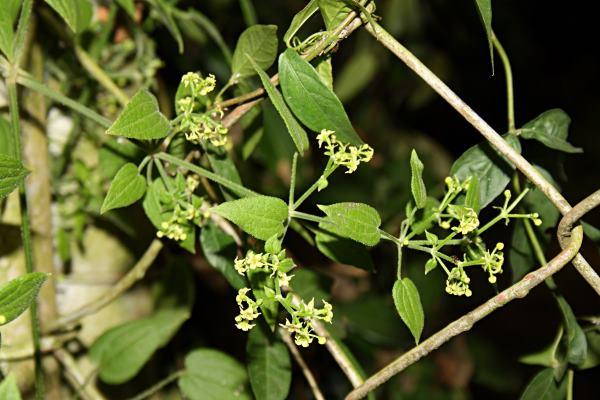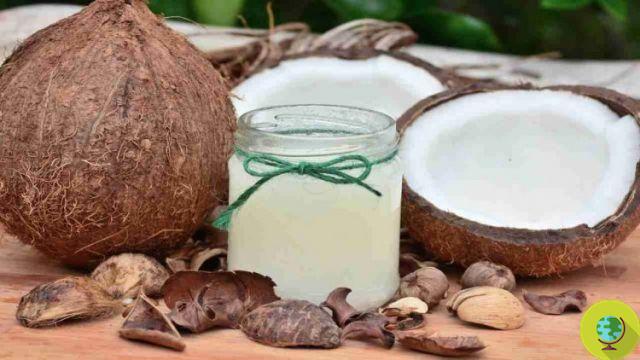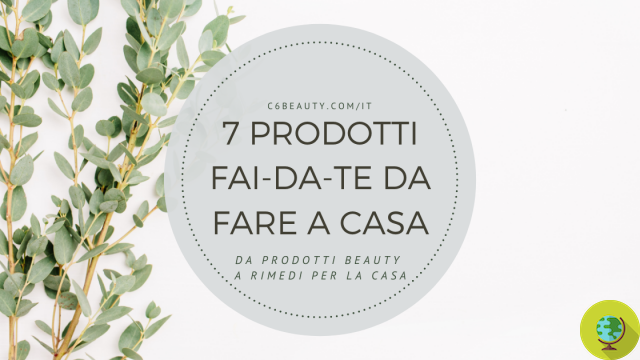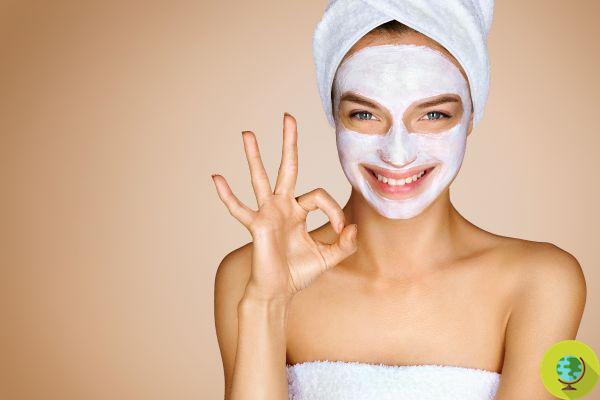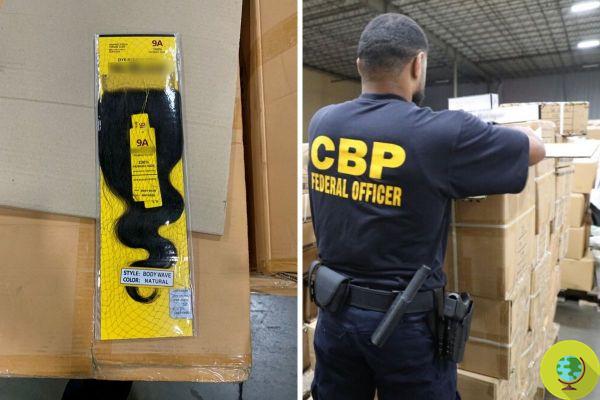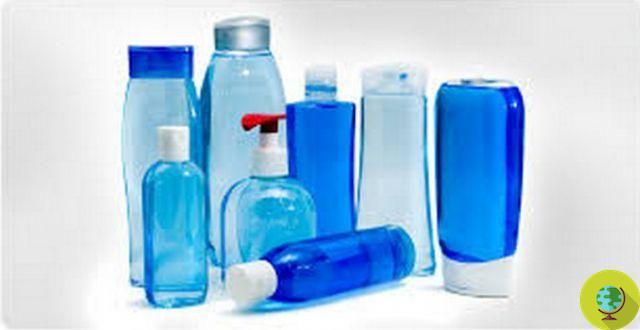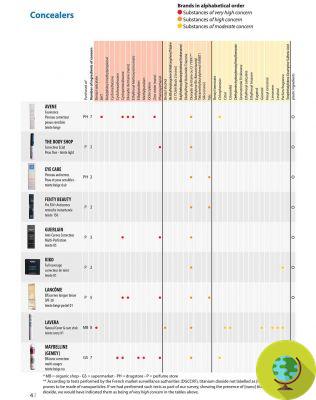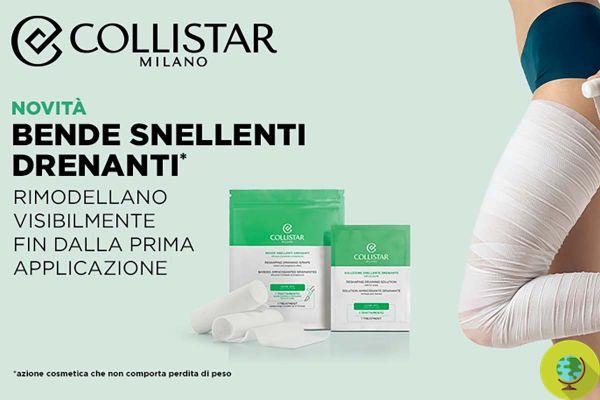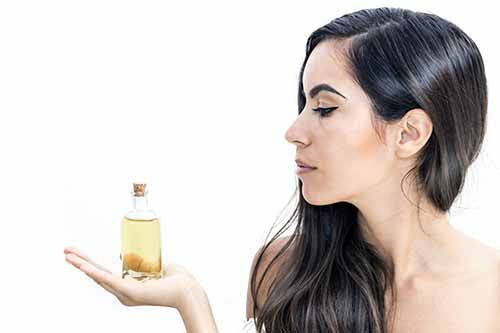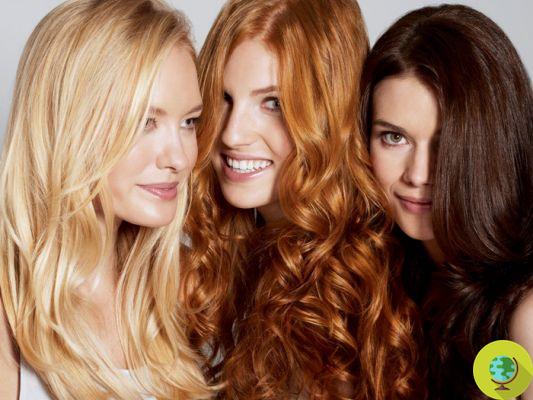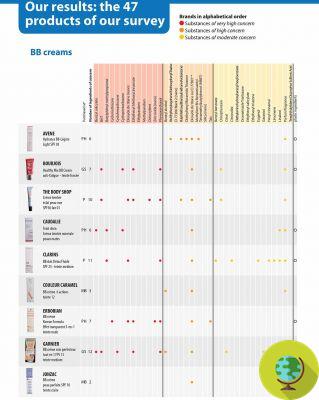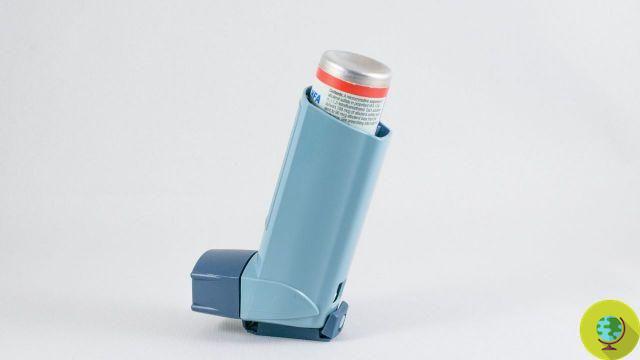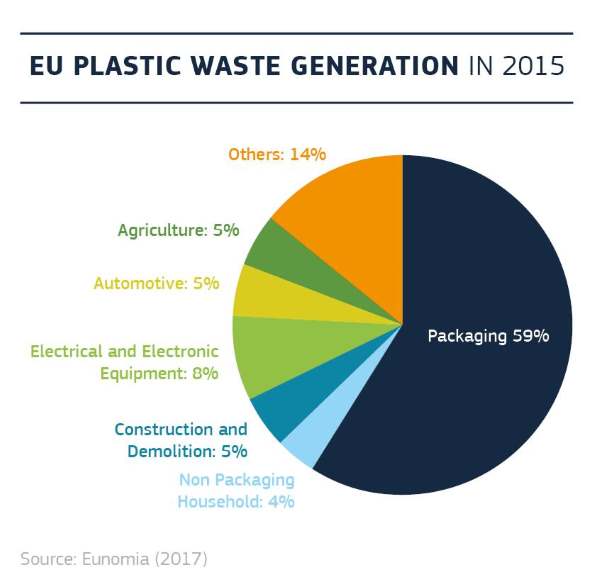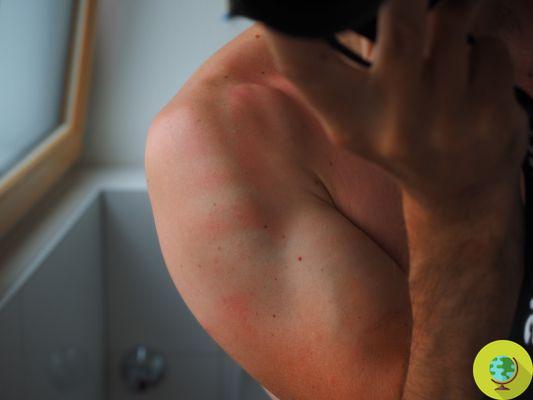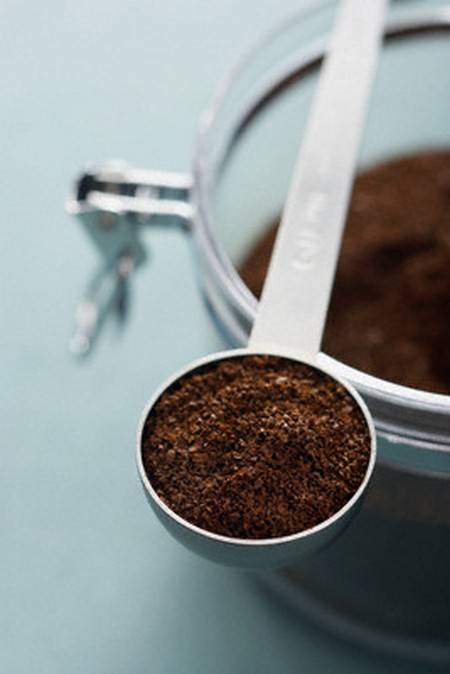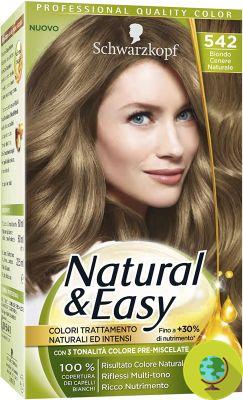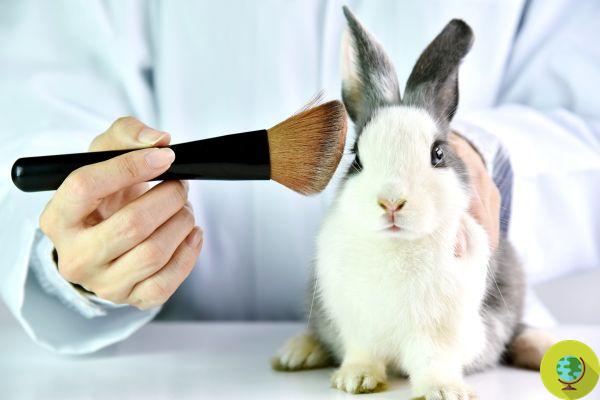
Animal testing for cosmetics: European animal rights associations ask the European parliament to defend the bans obtained.
Don't store avocado like this: it's dangerousThey have been banned for years now, yet animal tests for the ingredients used in the production of cosmetics they could come back dangerously to peep. It is the European Chemicals Agency (ECHA) and the European Commission that have established that these compounds can be re-tested on guinea pigs if there is exposure of workers to those substances during the manufacturing process. But the animal welfare organizations are not there and are clamoring that cosmetics must always and in any case do without such tests.
It was the 2004 when the European Union banned animal testing for cosmetics (ban on finished products) and the 2013 when he extended the prohibition of animal tests also to the single ingredients contained therein. And not only: in 2018 the European Parliament decided by a large majority to support an appeal for a ban on animal testing for cosmetics all over the world.
(From L'Oreal to Yves Rocher, the 10 largest companies that still sell cosmetics tested on animals)
Now, after decades of battle, ECHA and the European Commission have determined that even ingredients used exclusively in cosmetics can be tested on animals under REACH (the Regulation on Registration, Evaluation, Authorization and Restriction of Chemicals), if there exposure of workers during the manufacturing process is possible
“This decision deeply undermines what is desired and approved in Europe, by citizens and institutions. In particular, ECHA requires and admits very long and painful trials, such as 90-day subchronic toxicity, postnatal developmental and reproductive toxicity, ”the associations say.
A series of testing decisions taken by ECHA with the backing of the European Commission seriously undermine the ban on animal testing for cosmetics.
It goes without saying that if these decisions were passed, thousands of animals would again be doomed to suffer in additional experiments for cosmetic ingredients that have been safely produced and marketed for
decades under the Cosmetics Regulation - thus nullifying the bans that animal advocates have fought hard to achieve, and which the public and many scientists strongly support.
“It is imperative that the objectives of the Cosmetics Regulation - which wants cosmetics to be placed on the market safely without resorting to animal studies - are achieved without jeopardizing existing bans. For ingredients marketed under the Cosmetics Regulation which now have a long history of safe use by consumers and controlled manipulation by the workforce, solid protection for both consumers and workers is currently ensured by a range of non-animal assessment methodologies and the rigorous application of current legislation for safety in the workplace ".
What does it mean? That when regulatory authorities determine that a new ingredient cannot be safely placed on the market without being tested on animals, its introduction should be suspended until new animal-free assessment methods are available.
The requests of the associations
The most important animal rights coalitions such as, Eurogroup for Animals, Cruelty Free Europe, European Coalition to End Animal Experiments-ECEAE (of which LAV is part), in addition to Human Society International and Peta UK, have decided to address in a letter to the members of the Parliament for ask that the EU bans on animal testing for cosmetic purposes and the marketing of ingredients tested on animals are fully observed and implemented.
Furthermore, the associations ask that the regulatory requirements respond to a specific approach that guarantees consumers, workers and the environment protection e safety, without further testing on animals, using only alternative methods that do not weaken the protection of animals and, indeed, strengthen it.
Clearly, the health of workers is important, but it is not clear how a substance considered safe for a consumer is not automatically considered safe for the worker who produces it. It is essential that the representatives of European citizens in Parliament ensure that the purpose of the cosmetics rule is respected.
HERE the letter of the associations.
In the meantime, keep in mind that we can continue to buy cruelty free products.
Read also:
- Cruelty-free cosmetics: Yves Rocher, L'Occitane and Mary Kay also off the list




